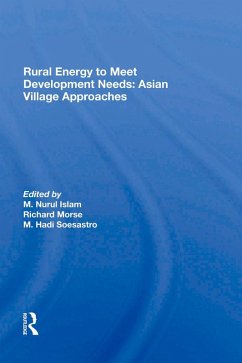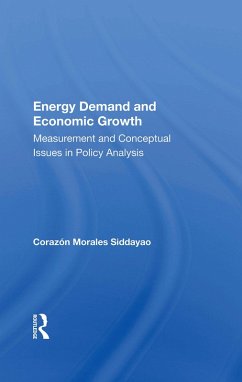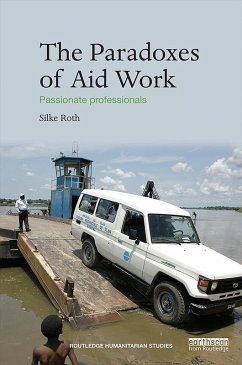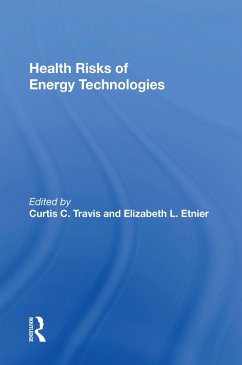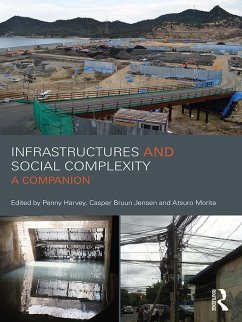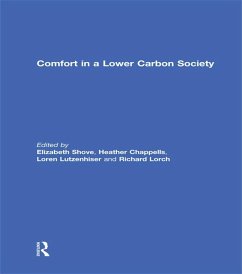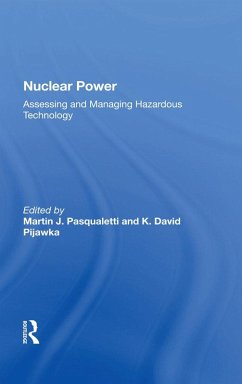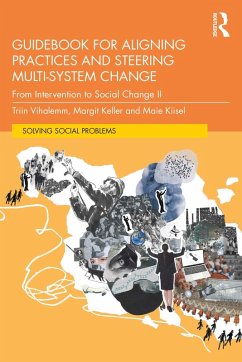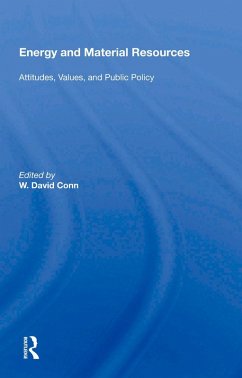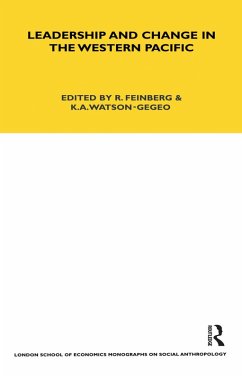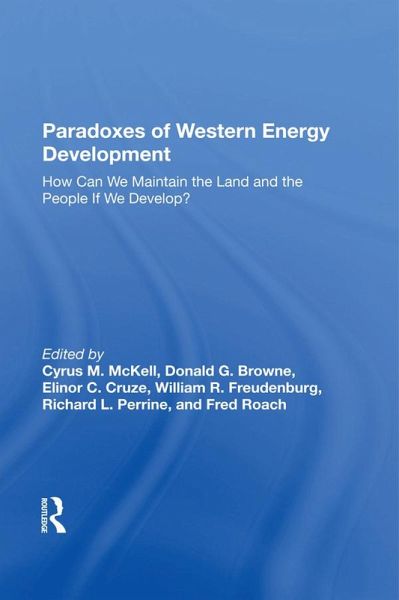
Paradoxes Of Western Energy Development (eBook, PDF)
How Can We Maintain The Land And The People If We Develop?
Versandkostenfrei!
Sofort per Download lieferbar
41,95 €
inkl. MwSt.
Weitere Ausgaben:

PAYBACK Punkte
21 °P sammeln!
Proposed energy resource development in the arid western United States raises a number of potential problems for an environment that does not have a great deal of resiliency. Projected population increases associated with large-scale development activities may go beyond the capacity of small, isolated rural communities to absorb them; and constraints on western agricultural and industrial development-for example, demands for water already exceeding the supply available-also limit energy development. The authors of this wide-ranging book first evaluate western energy resources, then objectively...
Proposed energy resource development in the arid western United States raises a number of potential problems for an environment that does not have a great deal of resiliency. Projected population increases associated with large-scale development activities may go beyond the capacity of small, isolated rural communities to absorb them; and constraints on western agricultural and industrial development-for example, demands for water already exceeding the supply available-also limit energy development. The authors of this wide-ranging book first evaluate western energy resources, then objectively discuss the consequences of development on the region's physical and social environments. Among the questions they consider are: Who will reap the economic benefits of development, and who will bear the environmental costs? What will be the effects on the environment? The social structure? The quality of life? Are open spaces a national treasure in their present form, or should they be regarded as space available for development? What are the unique demands of reclamation in the arid west? And, given the recent trend of western states-rights militancy and shifts of population to the southwest, what impact will new federal and state policies have on resource management?
Dieser Download kann aus rechtlichen Gründen nur mit Rechnungsadresse in A, B, BG, CY, CZ, D, DK, EW, E, FIN, F, GR, HR, H, IRL, I, LT, L, LR, M, NL, PL, P, R, S, SLO, SK ausgeliefert werden.




